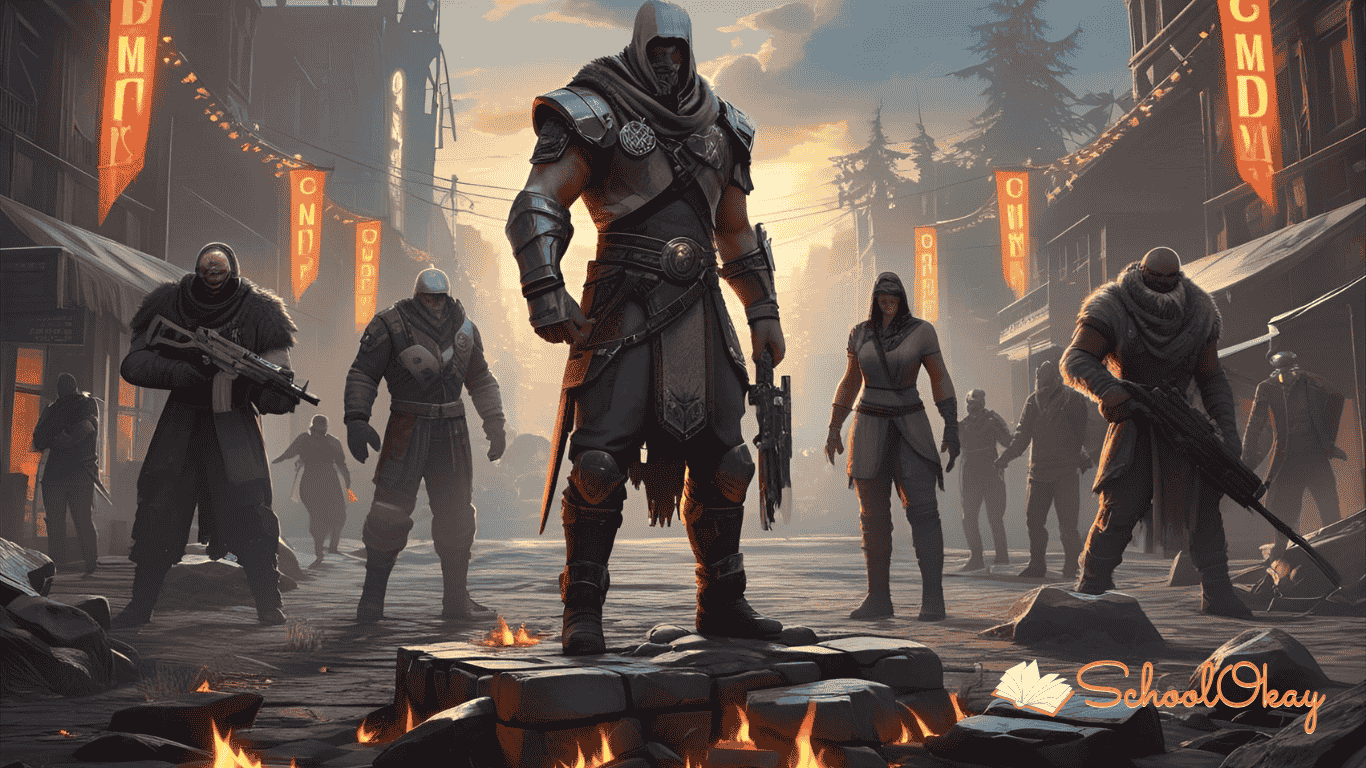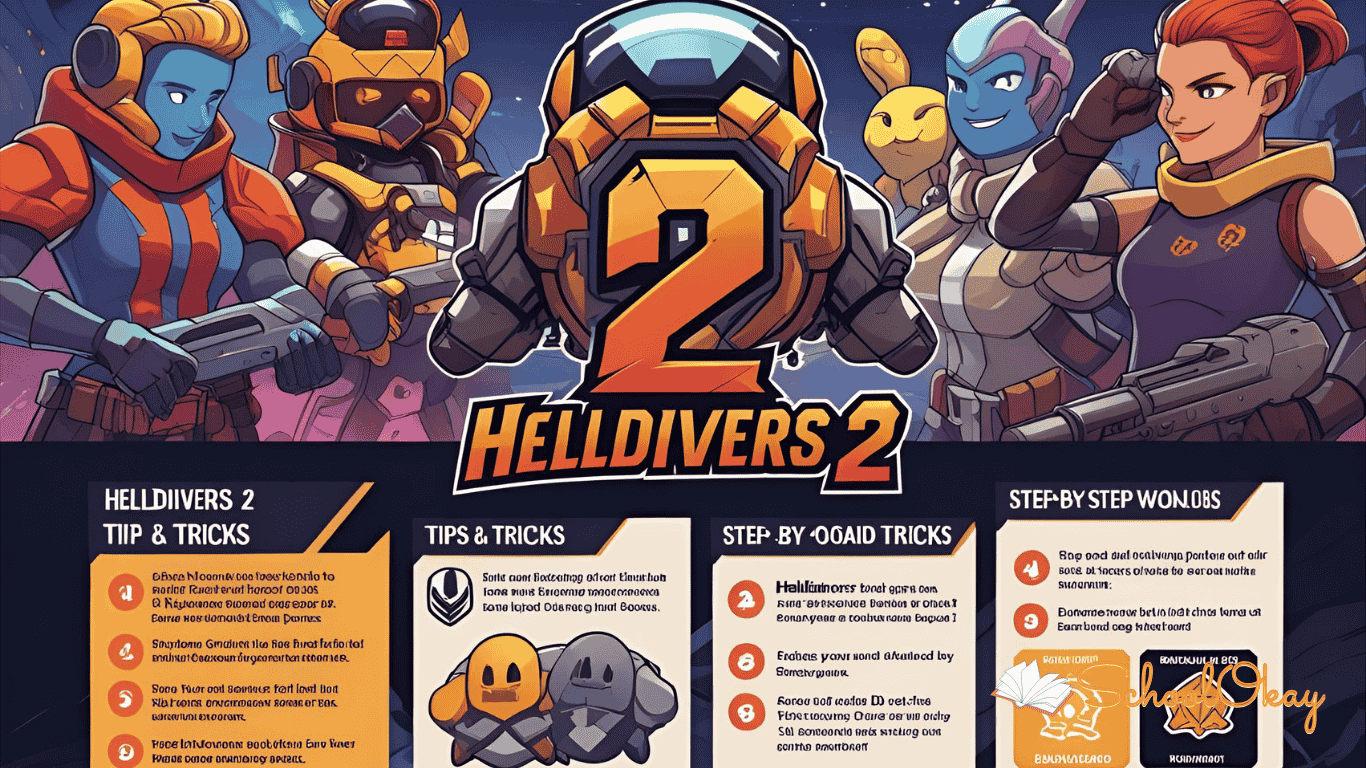The Greatest Video Game of All Time: Why The Legend of Zelda: Ocarina of Time Still Reigns Supreme
The debate over the greatest video game of all time is a heated one, with fans championing everything from retro classics to modern blockbusters.

Introduction
The debate over the greatest video game of all time is a heated one, with fans championing everything from retro classics to modern blockbusters. Among them, The Legend of Zelda: Ocarina of Time (1998, Nintendo 64) stands tall as a timeless masterpiece. Released by Nintendo, this action-adventure game redefined the medium with its innovative gameplay, immersive world, and unforgettable story. This article dives into why Ocarina of Time remains the gold standard, explores its influence, and compares it to other contenders, with additional resources for readers to explore further.
A Revolutionary Leap in Game Design
When Ocarina of Time hit shelves on November 21, 1998, it transformed gaming. Developed by Nintendo’s EAD team and directed by Shigeru Miyamoto, it was the first 3D entry in the Zelda series. Its open world, Hyrule, felt vast despite the Nintendo 64’s limitations, with iconic locations like Hyrule Field and Death Mountain crafted to spark exploration. The game’s Z-targeting system revolutionized 3D combat, allowing players to lock onto enemies for precise swordplay and archery. This mechanic became a cornerstone for games like God of War and Dark Souls.
The game also introduced context-sensitive controls, making actions like climbing or riding Epona seamless. With 12 dungeons, 100 Skulltulas to collect, and side quests like the Biggoron Sword, it offered roughly 30 hours of gameplay for completionists. Its technical achievements—running at 20-30 FPS on a 32 MB cartridge—were remarkable for the era. Learn more about its development in Nintendo’s official history.
A Timeless Narrative and Time-Travel Mechanic
Ocarina of Time tells the story of Link, a young Hylian tasked with stopping Ganondorf’s quest for the Triforce. The narrative shines through its simplicity and emotional weight, from the Great Deku Tree’s death to the final farewell with Navi. The time-travel mechanic, enabled by the Master Sword, lets players switch between child and adult Link, altering Hyrule’s state across a seven-year gap. This system deepens both gameplay and story, with temples like the Spirit Temple requiring clever time-hopping to solve puzzles.
The game’s 12 main quests and five major temples, each with unique themes (e.g., the Water Temple’s notorious difficulty), keep players engaged. Its pacing balances exploration, combat, and puzzles, making every moment feel purposeful. For a deeper dive into its story, check Zelda Dungeon’s lore analysis.
Enduring Influence and Legacy
Ocarina of Time’s influence is vast. It pioneered open-world exploration and narrative-driven gameplay, shaping titles like The Elder Scrolls V: Skyrim (2011), The Witcher 3: Wild Hunt (2015), and The Legend of Zelda: Breath of the Wild (2017). Its Z-targeting and 3D world design inspired action-adventure and RPG genres, evident in Elden Ring (2022). The game sold 7.6 million copies worldwide and holds a 99/100 on Metacritic, one of the highest scores ever. The 2011 Nintendo 3DS remake, with enhanced visuals and streamlined controls, introduced it to new players, selling over 6 million units.
Speedrunning communities keep it alive, with world records under 17 minutes for any% runs (Speedrun.com). Modders have created projects like Ocarina of Time Redux, enhancing graphics and gameplay for modern systems. Its cultural impact extends to fan art, music covers, and even academic studies on game design.
Contenders for the Crown
Other games vie for the top spot. Half-Life 2 (2004, Valve) redefined FPS games with its physics-based gameplay and immersive narrative, selling over 12 million copies (PC Gamer). The Witcher 3: Wild Hunt (2015, CD Projekt Red) offers 100+ hours of rich storytelling and sold 75 million units by 2023. Super Mario 64 (1996, Nintendo) pioneered 3D platforming, influencing Crash Bandicoot and Banjo-Kazooie. Elden Ring (2022, FromSoftware) blends open-world exploration with brutal combat, earning a 96/100 on Metacritic. Yet, Ocarina’s foundational role gives it an edge, as many of these games built on its innovations.
Why It Still Matters
Ocarina of Time endures because it’s more than a game—it’s an experience. Its mechanics remain intuitive, its story universal, and Koji Kondo’s score, from the title theme to Gerudo Valley, is iconic. The 3DS remake’s updated graphics and features like the hint system make it accessible today. Emulators and fan projects ensure it’s playable on modern platforms, while communities on Reddit and Zelda Universe keep discussions alive.
Whether you’re revisiting Hyrule or discovering it anew, Ocarina delivers. Its blend of innovation, polish, and heart is unmatched, making it a benchmark for gaming excellence.
Conclusion
The Legend of Zelda: Ocarina of Time is the greatest video game of all time for its revolutionary design, timeless story, and lasting impact. While Half-Life 2, The Witcher 3, and Elden Ring shine in their own right, Ocarina’s influence and emotional resonance set it apart. Explore Hyrule yourself on the Nintendo 64, 3DS, or Switch Online’s Expansion Pack (Nintendo Switch Online). What’s your greatest game? Share your thoughts and join the conversation at X’s gaming community.
Share and subscribe to the blog.




Comments ()